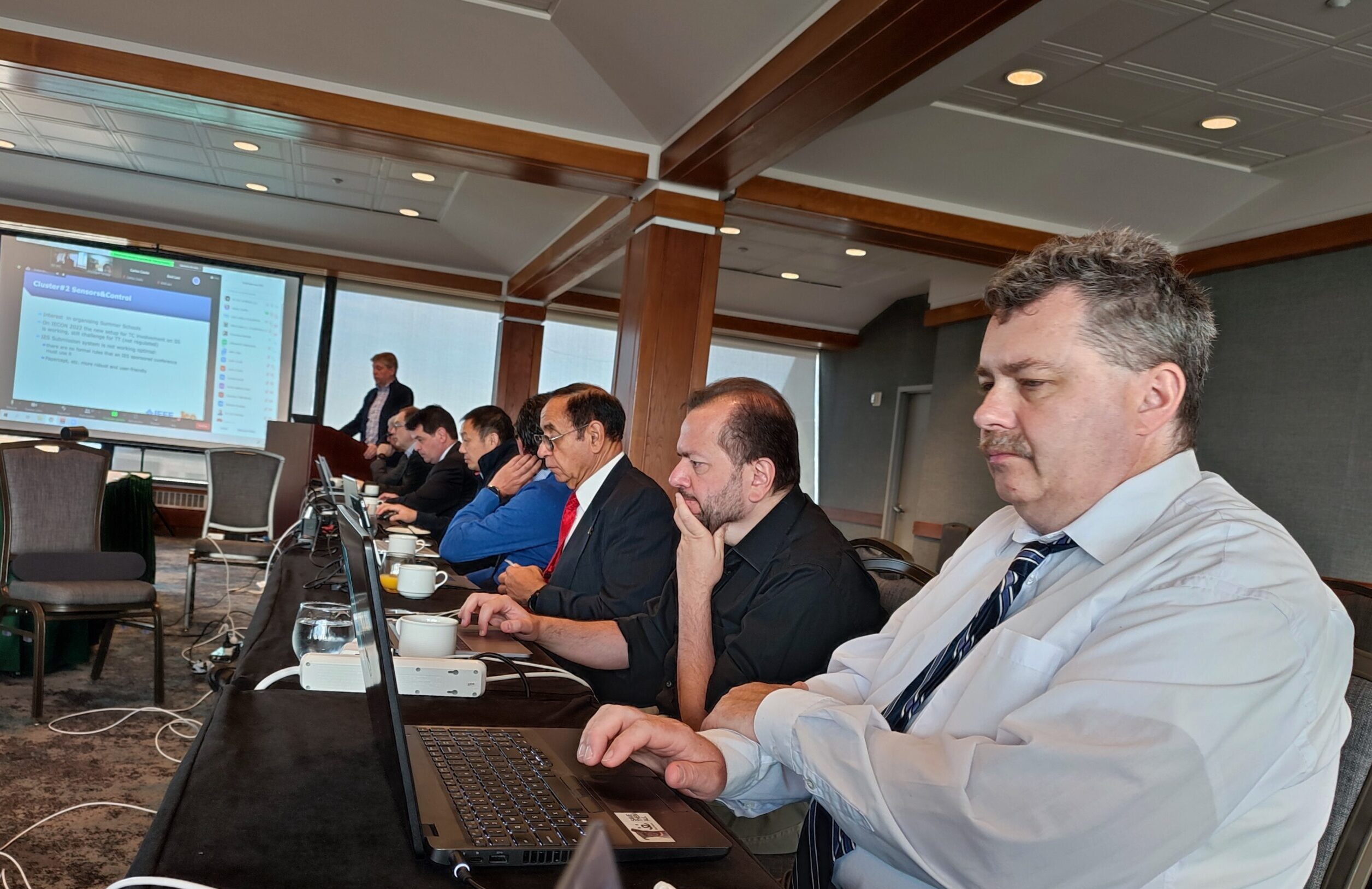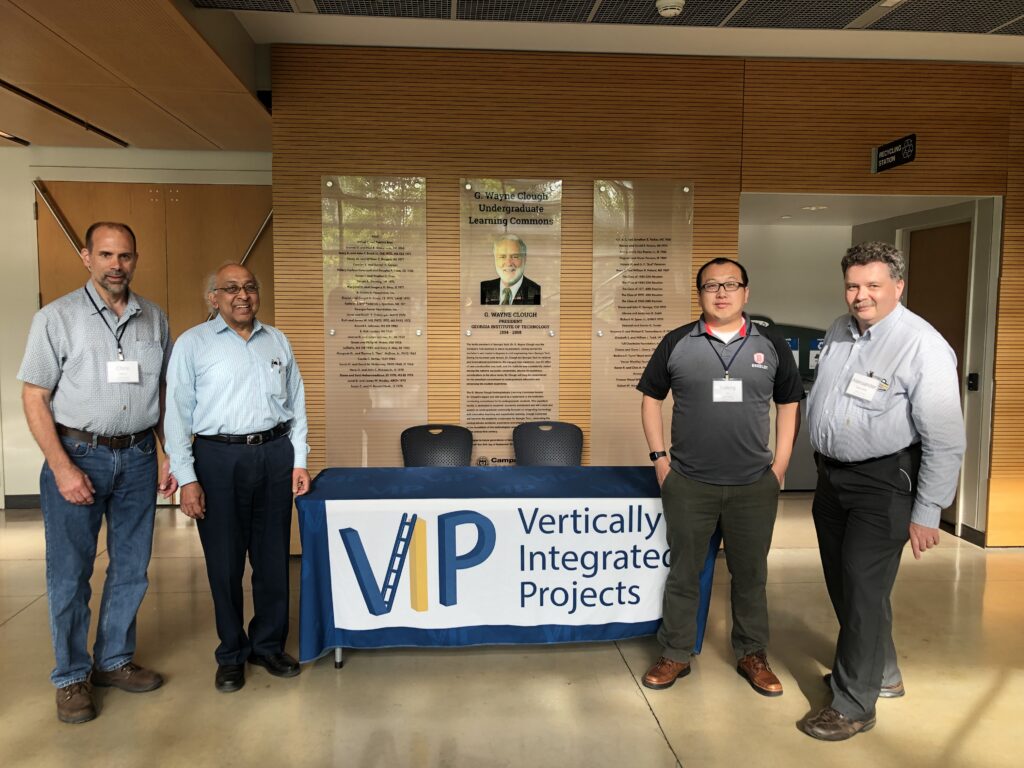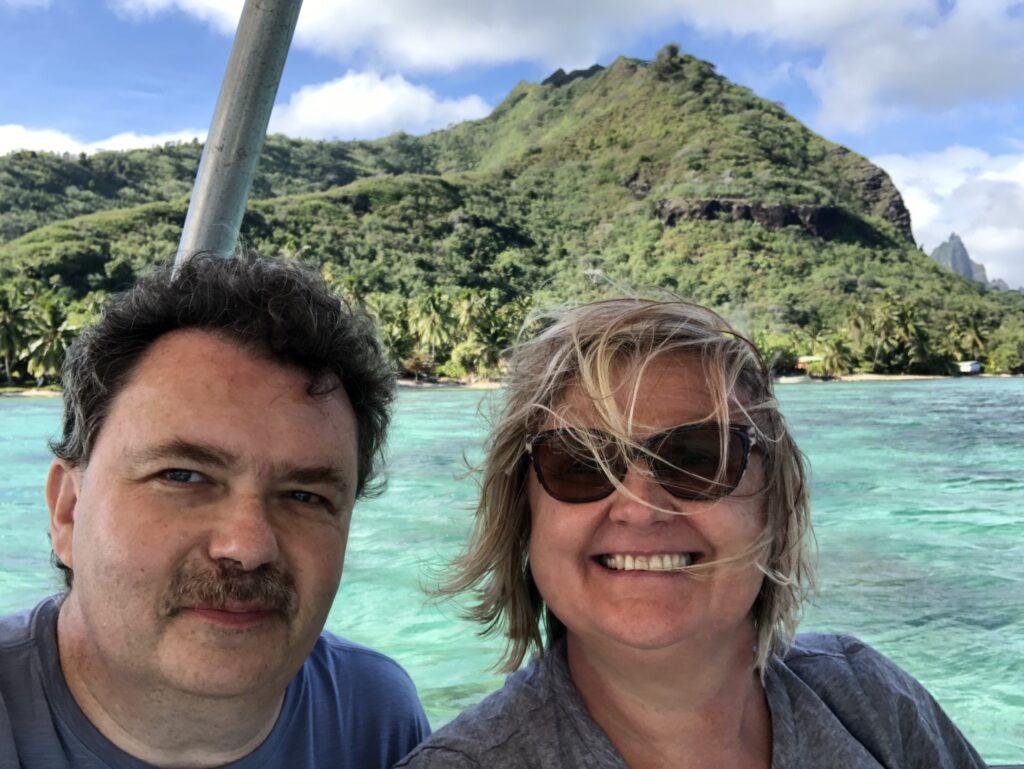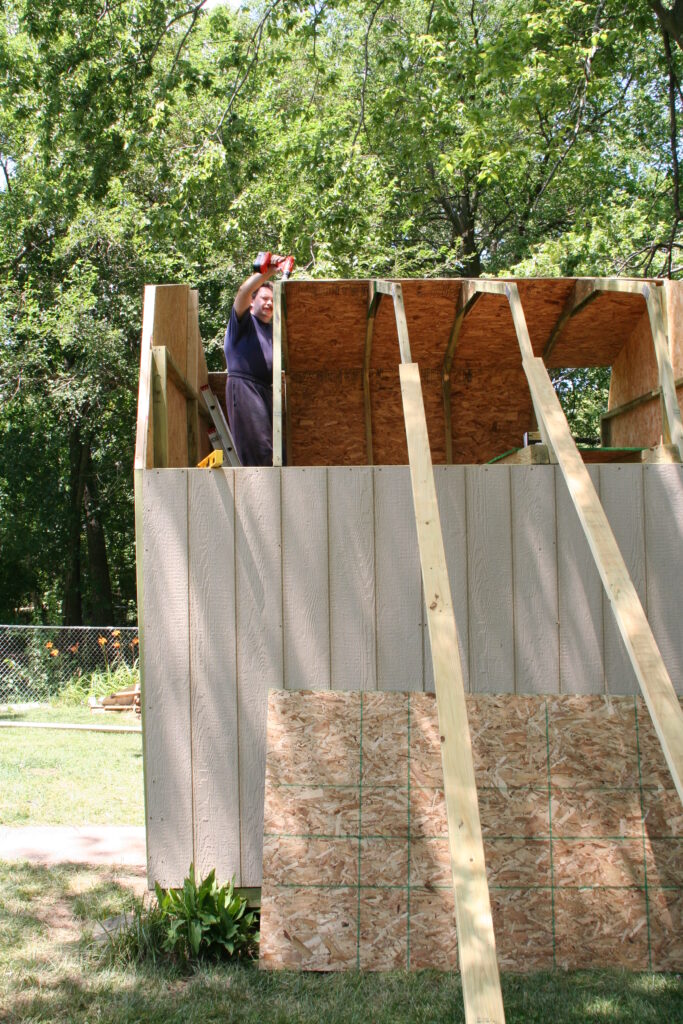Meet our Treasurer, Aleksander “Olek” Malinowski
In the IES family, we call him Olek. It was a pleasure to interview Aleksander Malinowski, our IES treasurer, to get to know him better. His long and rich experience within the IES shows that you don’t have to follow a typical research career in a big university to have a real impact on our society.

ITeN team: Dear professor, thanks a lot for being with us today, can you start by telling us about the highlights of your career?
In 2001 IES president Prof. Bogdan M. (Dan) Wilamowski asked me to come up with a system to collect papers for the conference he was hosting. I developed the web-based content management system called Submit and it has been in operation for 20 years! This system became so important that it couldn’t rely on one person. That is how the Web and Information Committee (WIC) started.
Afterwards, I continued as a major contributor to the system. For example, one of the later accomplishments was to turn the old system – that was paper centric – into a user centric system.

The second accomplishment I would like to mention is that in the last fifteen years I modernized the computer engineering program at my university by developing five new elective courses in the area of embedded systems. And I updated the way microcontrollers are taught.
My original area of interest was the neural networks, which has now evolved into deep learning. My second favorite area was computer applications for electrical engineering and basically, I segue into microcontrollers, network microcontrollers, Internet of Things, and embedded Linux.
When you teach, you are preparing people who will bring technological progress and those people will multiply what you can do. Even though I’ve been in academia most of my life, or rather should I say in the business of computer engineering education, I keep my skills up to date and learn new things to stay relevant in industry.
ITeN team: And of course, you are the Treasurer of IES, can you explain your mission in our society?
The first mission is to incentivize or make it attractive for people to come up with new ideas.
At the moment, IES supports two new ideas. The IES Generative AI Challenge Hackathon for example was easier to launch by Daswin De Silva thanks to the Finance Committee promoting the ideas that come from the Technical Committees.
The second mission is to make sure that the proposed ideas are permanent into the society’s activities.
Thus, a lot of projects that previously had to be approved in every budget are now under the guidance of VP technical activities and don’t have to be deliberated every year.
As Finance Committee chair, my goal is to find money for the ideas, and I sometimes help to formulate them or make them even more attractive. But the ideas are coming from volunteers.
Afterwards, qualified people like VP for Technical activities or VP for Publications take the lead.
The third mission is to track the expenses of the society.
In good times, we want to partition money to spend it on initiatives, make sure our society is sustaining itself and is following tax rules. Our mission is to prevent waste, promote a good spending and at the same time, we set up tools to enforce budget policies in case IEEE must tighten control.
Finally, a lot of active volunteers know that I’m also helping with travel expenses reimbursements. Following tax rules from IEEE headquarters may seem obscure to some members, but I do my best for everybody to go up the ladder of approval and get their money back sooner.
ITeN team: Which advice(s) would you give to boost our young reader’s career?
Volunteer, volunteer, and volunteer!
Don’t be afraid to get your things dirty. Volunteering is not about getting a nice line on LinkedIn or on your resume, it is about getting opportunities.
I’ve been volunteering for about 25 years. I have been associated editor, newsletter editor, and now I’m a treasurer. I now know so many aspects of the society! It all starts with volunteering and doing some jobs that are needed.
At the same time, you will make lifelong friends in our society. IES is great and very much distributed internationally.

ITeN team: Let’s switch to a more personal question, what do you do when you are not at work?
First, I like traveling and hiking, I mean moderate hiking, finding new places. It goes along with photography.
I like taking pictures. Usually, I take pictures of other people, hence there aren’t that many pictures of me in my albums.
Lots of my pictures are associated with our society. When I travel by plane for a conference for example, I try to get a seat by the window, and I take aerial pictures.
My son is learning how to fly, so maybe at some point he will take me with him on a small rental airplane and I will have more personalized pictures.

I do a little bit of gardening. I started a mint herb garden, where I have 5 or 6 varieties of mint that I add to tea.
And I collect electronic music. While people are now just listening to some streaming services; I still buy CD’s or buy music online, without compression if possible.
The other thing I like is learning new skills, new engineering skills, not all electrical engineering.
Years ago, instead of just paying somebody to replace a backyard shed in my garden, I ordered a shed kit online to learn how houses are built.
But eventually the ladder fell off and I did not have a cell phone on me. So, I spent two hours on the roof and had to wait under the rain for my wife to come back from work.
The moral of my story: Just be careful when you do big projects that are not really in your area of expertise. Every now and then I tell this story to my students to emphasize safety: the ladder should have been tied and I should have the cell phone on me.

ITeN team: We would like to thank Prof. Aleksander Malinowski for sharing his experience with us.
Stay tuned, we will soon interview other IES officers…

